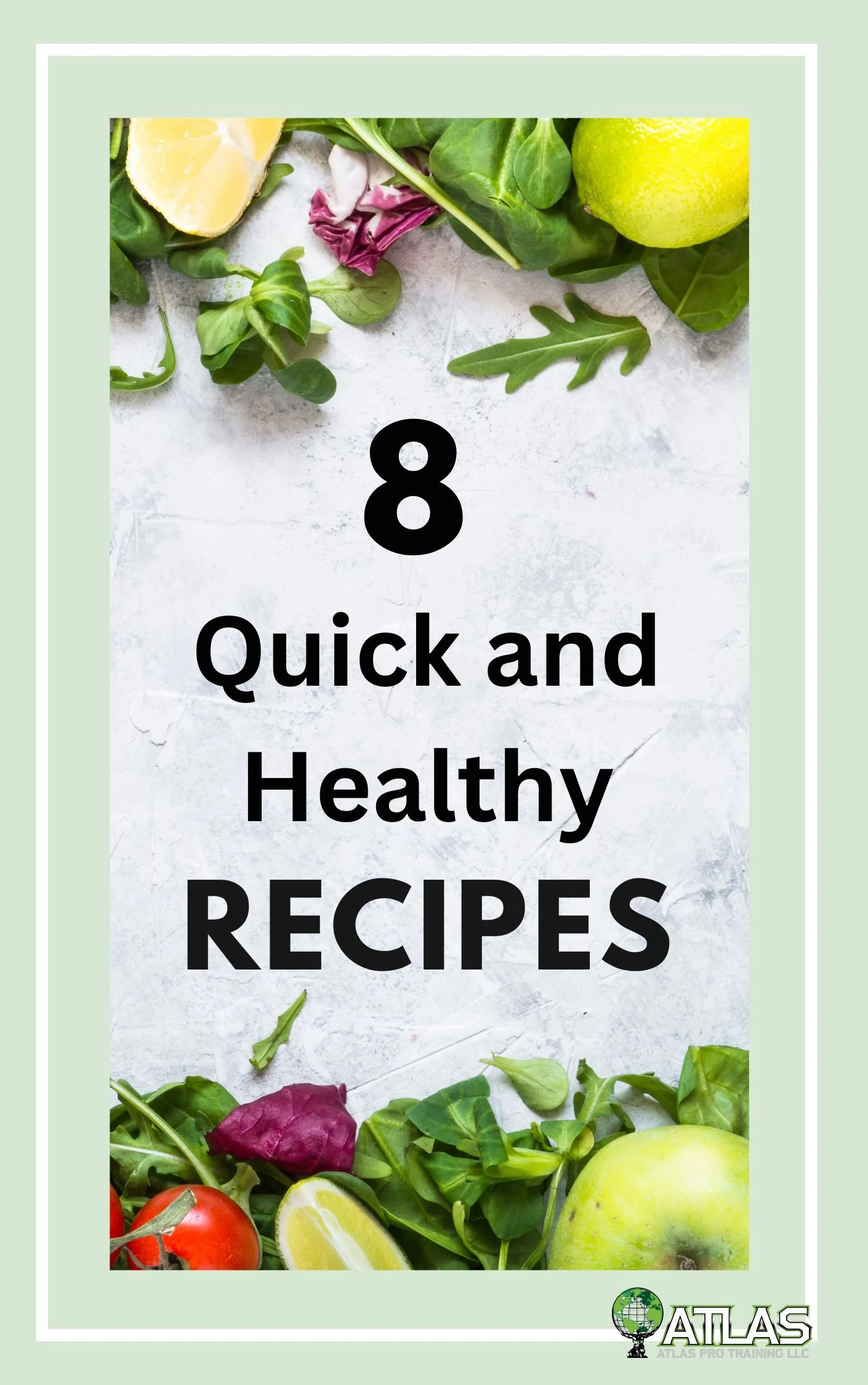ATLAS 4-Day Body Weight Training Program
Day 1: High-Intensity Body Weight Training
Warm-up: 5-10 minutes of dynamic stretching (e.g., Lunges with a reach, Alternating Reaches).
Workout: Perform each exercise for 3 sets of 10-12 reps with minimal rest between sets.
Push-Ups
Squats
Lunges
Pull-Ups (or assisted pull-ups)
Planks
Cardio: 15 minutes of jump rope intervals (30 seconds of intense jumping, followed by 30 seconds of rest).
Cool-down: 5-10 minutes of static stretching (e.g., hamstring stretch, shoulder stretch).
Day 2: Rest or Low-Intensity Activity
Day 3: Medium-Intensity Body Weight Training
Warm-up: 5-10 minutes of dynamic stretching.
Workout: Perform each exercise for 3 sets of 12-15 reps with 30-45 seconds of rest between sets.
Bodyweight Squats
Push-Ups
Step-Ups (using a sturdy surface)
Dips (using parallel bars or a sturdy chair)
Planks
Cardio: 20 minutes of brisk walking or cycling.
Cool-down: 5-10 minutes of static stretching.
Day 4: Rest or Low-Intensity Activity
Day 5: High-Intensity Body Weight Training
Warm-up: 5-10 minutes of dynamic stretching.
Workout: Perform each exercise for 4 sets of 8-10 reps with 30-45 seconds of rest between sets.
Burpees (substitute with mountain climbers if preferred)
Jump Squats
Pull-Ups (or assisted pull-ups)
Push-Ups
Bicycle Crunches
Cardio: 15 minutes of jump rope intervals.
Cool-down: 5-10 minutes of static stretching.
Day 6: Rest or Low-Intensity Activity
Day 7: Low-Intensity Body Weight Training
Warm-up: 5-10 minutes of dynamic stretching.
Workout: Perform each exercise for 3 sets of 15-20 reps with minimal rest between sets.
Lunges
Push-Ups
Bodyweight Rows (using a horizontal bar)
Leg Raises
Planks
Cardio: 20 minutes of brisk walking or cycling.
Cool-down: 5-10 minutes of static stretching.
Post-Workout Meal Options:
Grilled chicken breast with quinoa and steamed broccoli.
Salmon with sweet potato and asparagus.
Greek yogurt with berries and honey.
Turkey and avocado whole-grain wrap with a side salad.
Vegan protein shake with almond milk, spinach, and banana.
Pros and Cons of Body Weight Training vs. Weight Lifting for the Same Exercises:
Pros of Body Weight Training:
Minimal Equipment: Requires little to no equipment, making it accessible for most individuals.
Functional Strength: Enhances overall functional strength and endurance.
Variety: Offers a wide range of exercises to target various muscle groups.
Versatility: Can be done anywhere, providing flexibility in workout locations.
Body Control: Improves balance, flexibility, and body awareness.
Cons of Body Weight Training:
Limited Load: May plateau in muscle growth due to limited resistance.
Progression Challenge: Scaling up exercises can be challenging without access to additional weight.
Intensity Control: Difficult to quantify and control intensity compared to weightlifting.
Joint Stress: High-impact exercises like jump squats can strain joints over time.
Overuse Injuries: Repetitive body weight exercises can lead to overuse injuries.
Pros of Weight Lifting:
Progressive Resistance: Easily adjustable weight loads for continuous muscle growth.
Isolation: Allows precise targeting of specific muscle groups.
Trackable Progress: Easier to measure and track gains in strength and size.
Variety: Dumbbells, barbells, and machines offer exercise variety.
Hypertrophy Focus: Ideal for those seeking substantial muscle mass gains.
Cons of Weight Lifting:
Equipment Requirement: Requires access to weights and gym facilities.
Learning Curve: Proper form is crucial and may require professional guidance.
Costly: Gym memberships or home equipment can be expensive.
Potential Injury: Improper technique can lead to injuries.
Less Portable: Not as flexible in terms of workout location compared to body weight training.
The Golder Rule for a healthy life long term:
Consistency, smart programming, and a commitment to showing up for yourself… even when it sucks donkey…
I am sharing this 4-day bodyweight training program to give you a simple option to stay active. This program offers a balanced mix of high-intensity and moderate cardio workouts that will challenge your endurance, build relative strength (controlling and lifting your own body weight), and improving your overall health and performance without equipment.
With the right nutrition and recovery habits, including the suggested post-workout meals, this plan can help you move better, feel stronger, and stay lean. Whether you’re getting started, coming back to training, or looking to switch things up, this program proves that bodyweight training—done right—can deliver powerful results. Stick to it, listen to your body, and watch your performance evolve week by week.



